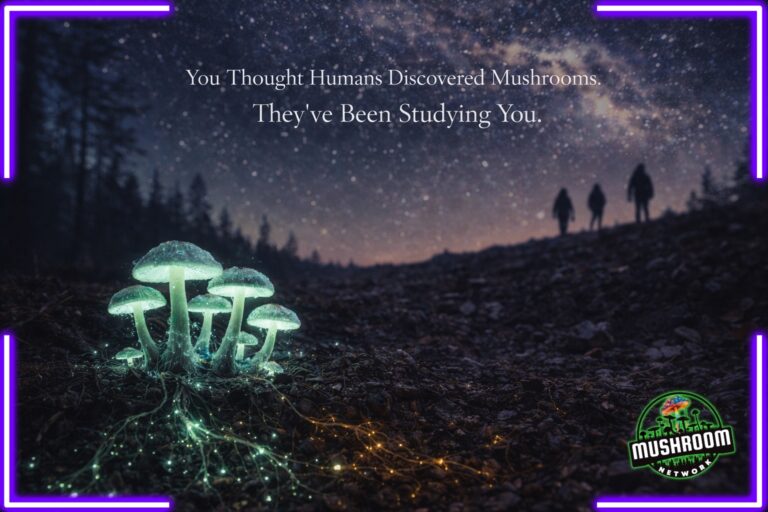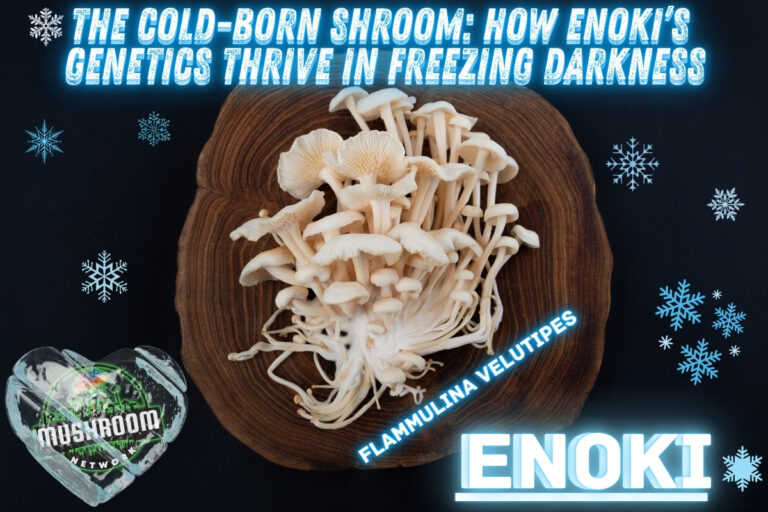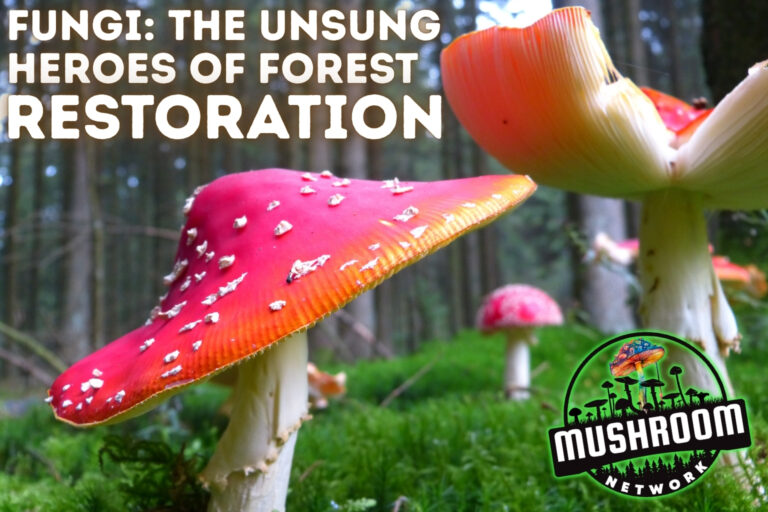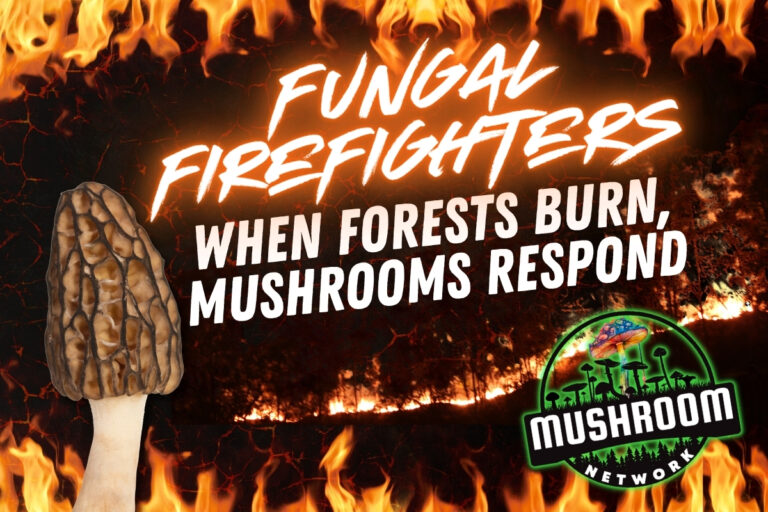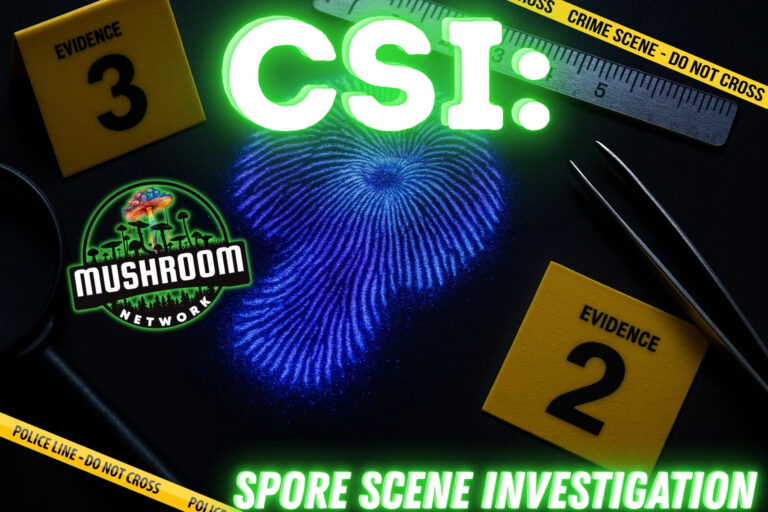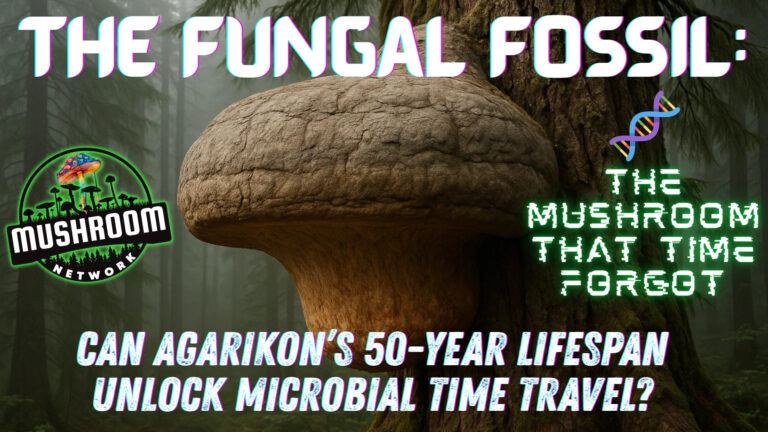
Zombie Ants in Space? The Cordyceps Invasion Begins
Cordyceps is not your chill adaptogen. It’s a mind-controlling fungal parasite with a flair for drama—and potentially, a future in off-world colonization. This real-life zombie fungus hijacks insect brains, erupts from their bodies, and uses them as mobile spore-launchers. Scientists are exploring its properties for medicine, warfare, and even terraforming. Could Cordyceps be a dark horse pioneer of planetary adaptation? Time to spore-lift the lid on one of Earth’s most terrifying—and fascinating—fungi.




